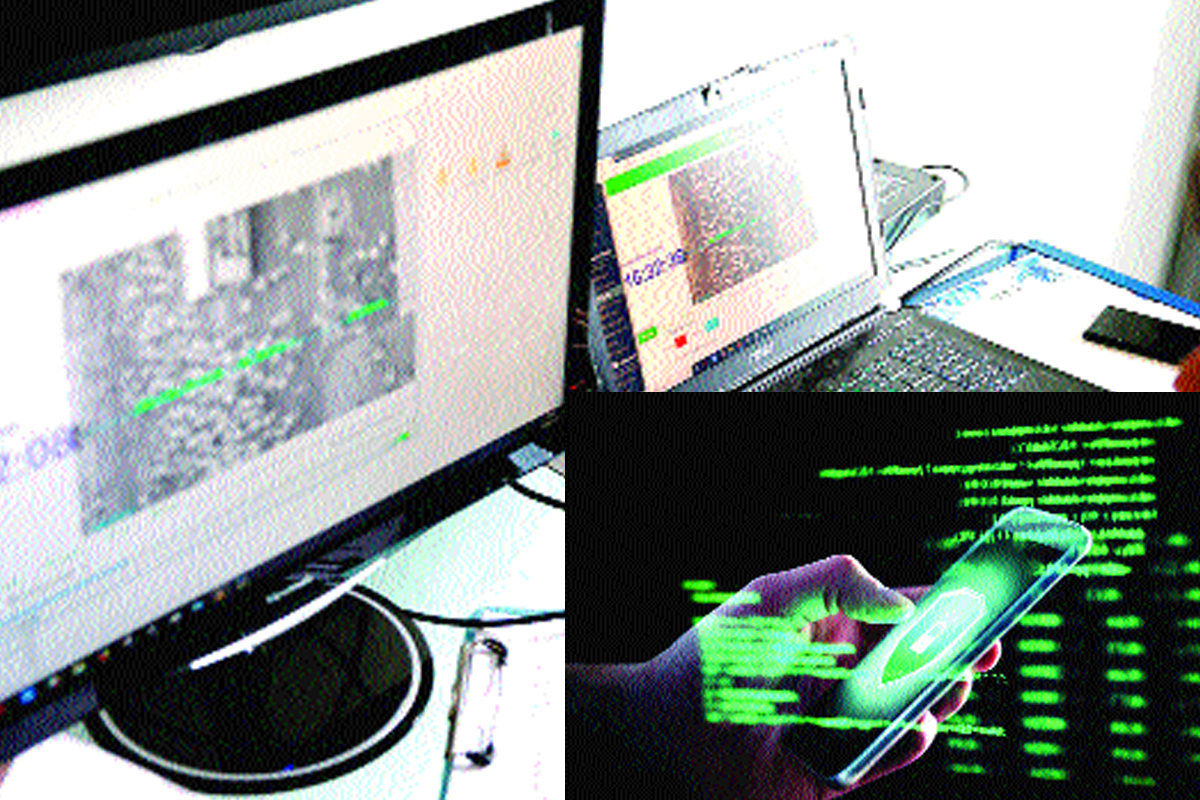Haryana takes major stride towards implementing 3 new criminal laws
New scheme 'Haryana Witness Protection Scheme, 2025' launched.
A data privacy professional should be capable of identifying and managing risks

In today’s digital age connected by the Internet of Things, the increase in data transfer has led to alarming concerns like cyber attacks and threats to data privacy of important assets, both nationally and globally. A data breach may lead to international complexities, with a detrimental effect on the integrity and confidentiality of any setup. Also, it may give way to intense and extremely exasperating responses that come with losses suffered due to breach of sensitive information.
Implications can be even graver with the involvement of legal issues, giving rise to the need for regulations and compliance, for individual, government and corporate entities. Here comes the role of a legal professional, with specialisation in data privacy and protection, who is qualified to help set up and execute the requisite norms or data protection obligations in privacy-conscious organisations.
Advertisement
Before stepping into that role, one must understand the meaning of data privacy and protection. Privacy does not mean secrecy, but control over information that outsiders might have access to. In other words, data privacy gives one the right to regulate one’s personal information, which is also a fundamental right in our country.
Advertisement
On the other hand, data protection is all about respecting and maintaining the integrity of data. It deals with governance and use of personal records, where certain policies are put into place to ensure that the information collected and shared are used with due diligence in an appropriate manner. Protecting it from falling into the wrong hands has become a necessity.
Aspirants in this profession are responsible for everything that concerns data security and falls under the litigation arena, from technical knowhow and compliance to privacy issues, in accordance with regional, national as well as global regulations. They should be capable of identifying and managing risks that are of an operational, a legal and reputational nature.
Understanding the business landscape is a prerequisite for such professionals. Therefore, a careful analysis of each department, privacy requirements, technical protocols, setting a well-guarded data repository, etc, comes under their scope. Apart from the well-defined key responsibility areas, striking a balance between human rights and business ambitions also falls within their purview.
Precisely, their job involves suitable interpretation of the data protection law, data processing agreements, data transfer agreements, data protection policies, privacy impact assessment, protection strategy, implementation mechanisms, litigation support, request handling, responses, enforcement, programme estimations, data analysis treaties, acquisition contracts, compliance regulation, analysing the industry trends for implications, collaborations, reviewing the cyber security processes and setting checks, and regulating controls in businesses.
Over the years, those roles have even expanded to privacy management across application, network and infrastructure security along with cloud computing, access management, risk management and incident management. If one’s specialisation interests are stimulated by those shifts, then they can expect to flourish as corporate legal aspirants.
The career graph for professionals in the data protection field is quite promising with a lucrative salary package and a reputed position ranging from researcher, or legal analyst to advisor, privacy consultant or attorney. With great remuneration come great responsibilities. In this career, one must be familiar with all the applicable privacy laws and amendments.
In a highly developing professional space, companies in healthcare, finance, emerging technologies, cyber insurance, startups, etc, prefer hiring in-house resources as they are capable of aligning with the business ideology, objectives, operations, ethics and compliance requirements, leading to better preparedness to security breaches and avoidance of conflict of interest.
Getting a specialised certification on data protection management programmes such as a certified information privacy professional/europe or a certified information privacy manager would be an added advantage. Pursuing subjects such as law, data protection, governance, ethics and management will help gather preliminary knowledge.
Add-on specialisations, adva- nced courses and internships further provide better understanding and give an edge over others. To be at par with latest developments, one can go for advanced programmes, follow industry-related blogs and articles, and participate in discussions, forums, seminars, conferences and workshops pertaining to the industry.
Given the disrupting impact of the Covid-19 pandemic on the world economy and remote working becoming the norm, businesses are facing the new challenge of channelising a safe data backup strategy. That has given rise to the demand for experts in data protection, who can navigate through the complicated and challenging task before it becomes a pain point for organisations. From everyday functioning to data transfer, data computing, finding and fixing loopholes, everything requires immediate intervention.
Overall, there is a wide scope for professionals who can help steer clear of obstacles and protect important documents while ensuring responsible practices. Data and technology are gradually gaining dominance across the globe with novel career prospects.
The writer is founder, Letter, Guwahati.
Advertisement